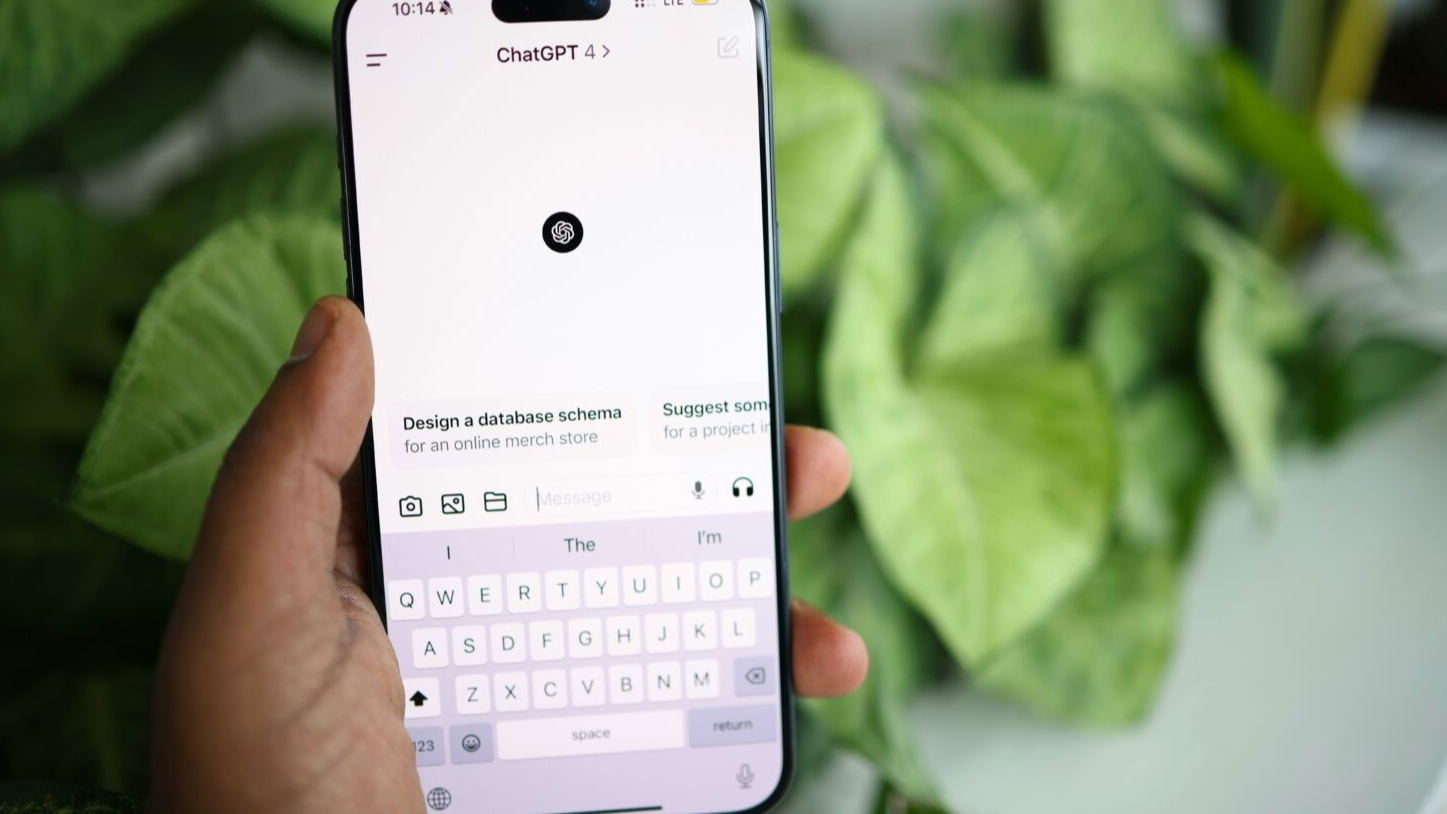
AI Resume Screening Bias: How ChatGPT Can Disadvantage Job Seekers with Disabilities
Hyphun Technologies
24 Jun
ChatGPT's Hidden Bias: Why Your Resume Might Get Discarded (and How to Fix It)
The Hidden Bias of ChatGPT: Why Your Resume May Be Trash and How to Fix It
Envision creating the ideal résumé, applying for your ideal job, and hopeful clicking "submit." However, what if an invisible force—an AI computer that is screening your application—is inadvertently biased against you? Due to potential prejudice in products like ChatGPT, an AI-powered resume screener, this is the reality for some disabled job searchers.
The situation is as follows: According to recent reports, resumes that indicate disability or make use of assistive technologies may be flagged by ChatGPT more frequently. This brings up important questions regarding equity and emphasizes the dangers of using AI exclusively for recruiting.
But there's also good news, so don't panic! Understanding the problem and putting some important measures into practice will help us move toward a more inclusive recruiting environment where ChatGPT and other AI tools are useful resources rather than barriers.
Why Does ChatGPT Show Bias Against Disabilities?
The quality of AI algorithms depends on the quality of the training data. Unfortunately, unconscious prejudice can exist in the actual world. The artificial intelligence system (AI) may flag resumes containing specific terms if the data used to train ChatGPT disproportionately links such terms to inferior performance or credentials, even if this is highly unjust.
ChatGPT might erroneously interpret resumes that mention "screen reader software" or "wheelchair accessible workspace," for instance, as negatives if these references were infrequent in the training data. This emphasizes how crucial it is for AI systems to have inclusive and diverse training datasets in order to prevent the reinforcement of preexisting biases.
What Does This Mean for Job Seekers with Disabilities?
Here's the thing: while AI bias can be disheartening, it doesn't have to be a dealbreaker. Here are some tips for job seekers with disabilities navigating the current landscape:
-
Focus on Skills and Achievements: Showcase your skills and accomplishments throughout your career. Quantify your achievements whenever possible using numbers and metrics. This allows both humans and AI to clearly see your value.
-
Tailor Your Resume: Research the specific company and role you're applying for. Adjust your resume to highlight the skills and experiences most relevant to the position. This increases your chances of getting noticed by both human recruiters and AI systems.
-
Use Clear and Concise Language: Avoid jargon and ambiguity in your resume. Use strong action verbs and keywords mentioned in the job description. This makes your resume easily scannable for humans and AI alike.
-
Highlight Your Value Proposition: Go beyond just listing your responsibilities. Explain how your skills and experiences can directly benefit the company. This demonstrates your value and helps you stand out from the crowd.
Remember: Even with AI in the picture, human review is still crucial in the hiring process. By presenting a strong resume and preparing well for interviews, you can showcase your abilities and land your dream job.
How Can We Fix ChatGPT Bias?
The responsibility doesn't solely lie with job seekers. Here's what recruiters and developers can do to combat AI bias in hiring:
-
Promote Diversity in Training Data: Ensure AI tools are trained on diverse datasets that reflect the real world. This includes resumes representing a wide range of experiences and backgrounds, including those of people with disabilities.
-
Regularly Audit AI Tools: Conduct regular audits to identify and address any potential biases within the AI system. This helps ensure fair and objective hiring practices.
-
Focus on Human Review: AI tools can be helpful for screening resumes, but they shouldn't replace human judgment. Recruiters should always review shortlisted candidates personally to ensure a fair and balanced hiring process.
By working together, we can leverage the power of AI while mitigating its potential biases.
Frequently Asked Questions (FAQs)
1. Is ChatGPT the only AI tool with bias problems?
Unfortunately, bias can be a problem with many AI tools used in the hiring process. It's important to be aware of the potential for bias and take steps to mitigate it.
2. What are some legal implications of AI bias in hiring?
There are growing concerns around the legal implications of AI bias in hiring. Discriminatory algorithms could violate anti-discrimination laws.
3. What are some resources available for job seekers with disabilities?
Several resources are available to help job seekers with disabilities navigate the hiring process. These may include government agencies, disability rights organizations, and career counseling services.
4. How can I stay updated on the latest developments in AI and hiring?
Follow reputable sources on AI and technology, including tech blogs, industry publications, and conferences dedicated to responsible AI development.
Stay Tuned for the Future of AI and Hiring
The world of AI is constantly evolving, and its impact on the hiring landscape continues to grow. By staying informed and working towards inclusive practices, we can ensure AI tools like ChatGPT become valuable

